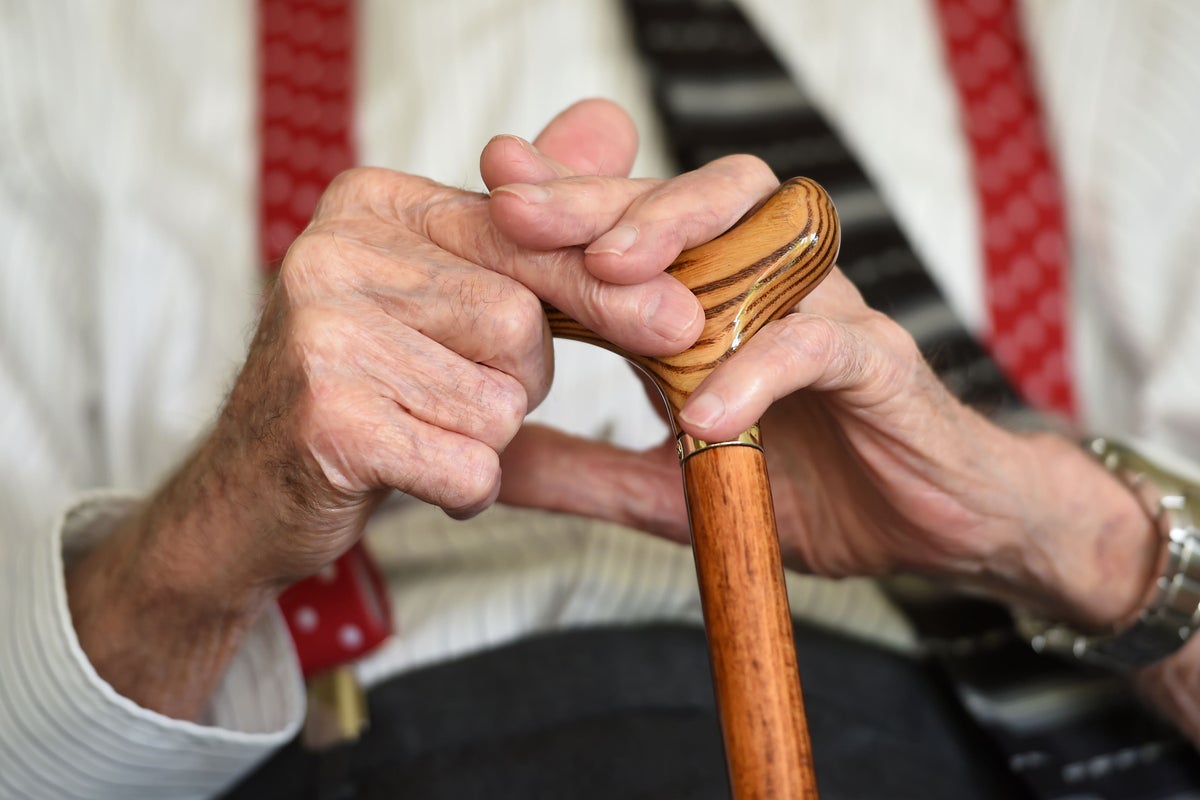
More than 1,100 emails raising concerns about the welfare of potentially vulnerable people were “missed” by the social work department at a London council, an investigation has found.
The messages, which included more than 500 welfare reports from the police, were discovered during a probe by the local government and social care ombudsman into Haringey council.
The inquiry was launched following complaints about the council’s response to safeguarding concerns about a man who suffers repeated seizures.
A friend of the man, referred to as Mr Y, first raised concerns about his welfare in June 2023.
The emergency services also repeatedly alerted the council to his vulnerability and living conditions.
The damage caused at Mr Y’s home during his regular seizures led his landlord to issue an eviction notice in September 2023.
A social worker was eventually allocated to the case when the emergency services raised concerns about Mr Y in June 2024.
After social services were unable to contact Mr Y, he was admitted to hospital in September 2024 following a fall.
A year after first raising concerns without response, Mr Y’s friend contacted the council to report he had suffered a life-changing injury during the latest incident, and to confirm he was about to be evicted.
Mr Y was evicted at the end of October 2024.
The council later acknowledged its response to complaints was inadequate and directed Mr Y’s friend to the ombudsman.
Amid concerns that other vulnerable people may have been affected by the council’s failings, further inquiries confirmed the council had more than 1,100 unread emails in its social work department inbox, including more than 500 police reports.
During the investigation, the council admitted the case “was a serious oversight by several staff working in the council at the time”.
The council said it has devised an action plan to deal with the backlog, but would not confirm whether any staff were disciplined as a result of the findings.
The council has also not confirmed how many individuals the missed emails related to, what timeframe the emails covered and how many relevant cases have now been dealt with.
Ombudman Julie Odams described the case of Mr Y as “shocking”.
She said: “Because of the council’s inertia, the man at the centre of this case was left at risk of significant harm.
“While we cannot say the accident which caused such a major injury would have been prevented if the council had acted sooner, the man’s friends and family are left not knowing whether things might have turned out differently if he’d had the help he needed earlier.
“The council has agreed to put in place an action plan to improve how it responds to safeguarding alerts like these, including training staff on dealing with safeguarding referrals. I hope this shocking case will spur the council into making lasting changes which will benefit other vulnerable people in the borough.”
The ombudsman recommended that the council pay Mr Y £2,000 for “leaving him at risk of harm” and pay his friend £200 to “acknowledge the time and trouble she has spent pursuing this complaint”.
The council was also told it should review its safeguarding policy to avoid similar failings.
Lucia das Neves, Haringey council cabinet member for health, social care and wellbeing, said: “We recognise the seriousness of the findings and fully accept that mistakes were made, for which we apologise.
“We should have responded more swiftly when concerns were raised about the neighbour’s health and vulnerability.
“A series of actions have already been undertaken to address the concerns raised about our handling of this case and we have cleared the backlog of unread emails highlighted in the report.
“We are approaching this with honesty, accountability, and a clear focus on improvement.
“The council is committed to learning from this case, and we are carrying out an independent review of our safeguarding arrangements to ensure that we are delivering the highest standards of care and support to our residents.”
